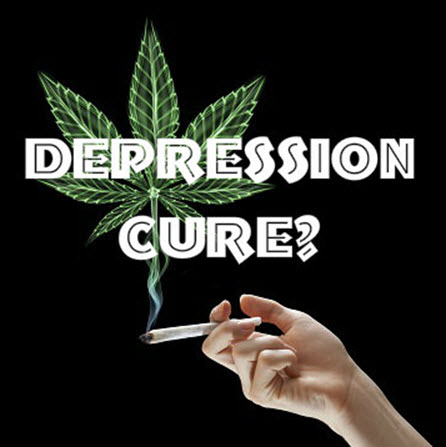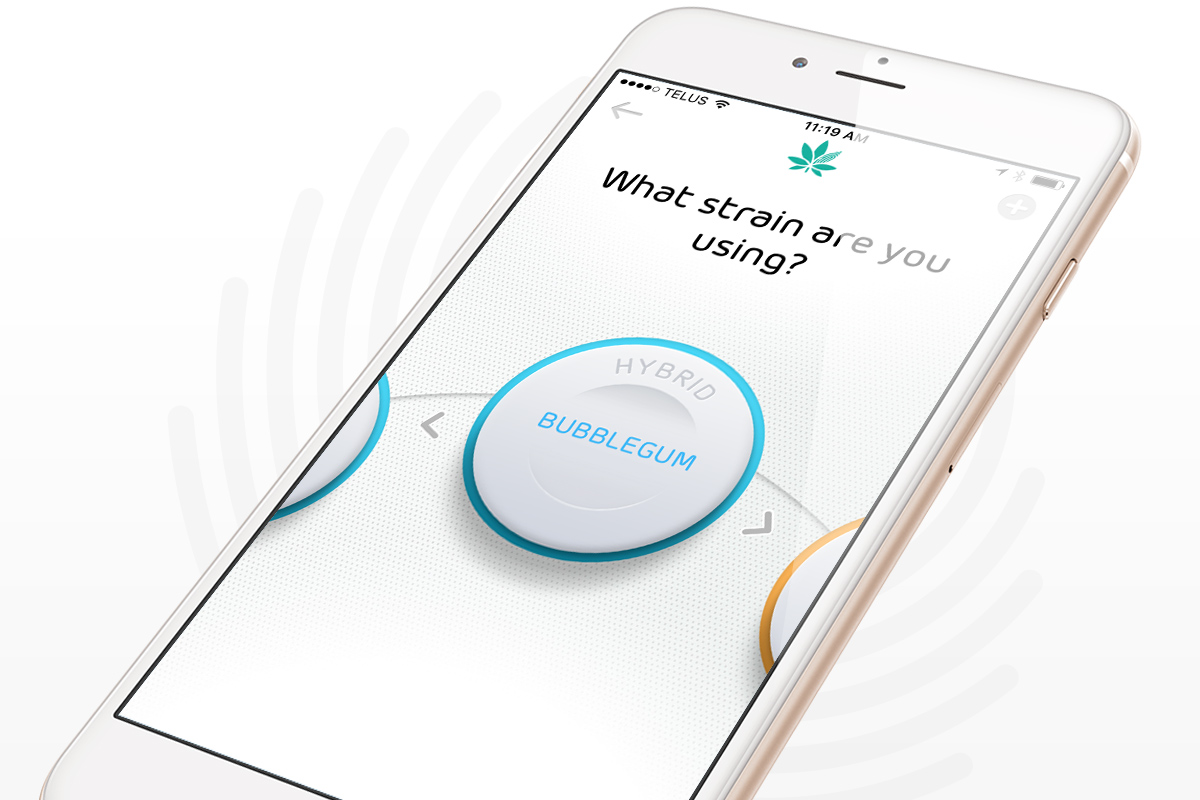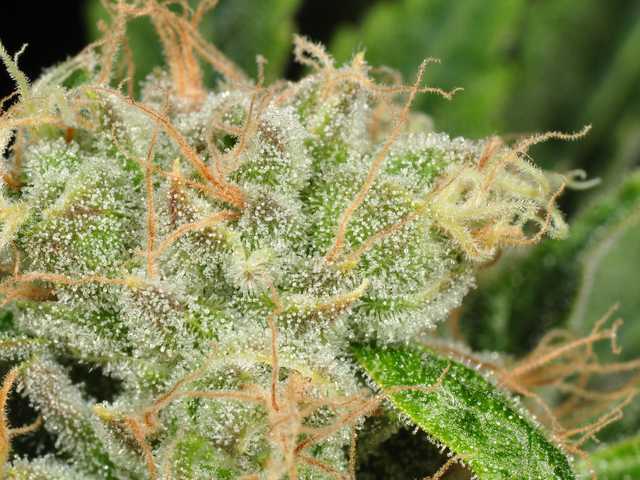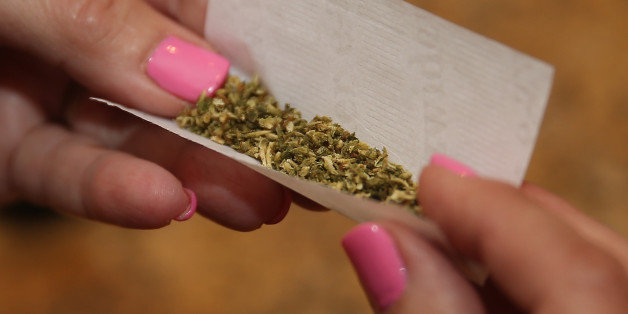Washington State University researchers recommend one puff of cannabis for depression
Medical cannabis patients experienced a major reduction in their symptoms after taking one puff of medicinal cannabis

There has been much debate regarding the use of cannabis for depression, but researchers from Washington State University are clearing the smoke clouds. A team of researchers from WSU discovered that just a single puff of cannabis could relieve the symptoms of depression, stress and anxiety.
The results of their study on cannabis for depression was published in the Journal of Affective Disorders.
Data was gleaned from an app called Strainprint to clarify the findings.
This application accumulates information pertaining to the dosages of individual medical cannabis patients, as well as the strain they use and the influence it has on their symptoms.
Cannabis may be effective as an anxiety and depression treatment

Data was analyzed from 12,000 app sessions for the study on cannabis for depression.
Patients who use medical cannabis as a treatment for depression, stress or anxiety inputted the information themselves.
Reports on the Strainprint app revealed how medical cannabis patients experienced a major reduction in their symptoms after taking one puff of medicinal cannabis.
A single puff of cannabis proved most effective when patients used strains containing high levels of cannabidiol (CBD) and low levels of tetrahydrocannabinol (THC).
The most effective technique for easing stress-related symptoms was when study participants took 10 or more puffs of CBD and THC-rich cannabis.
Taking two puffs of medicinal cannabis with no specific CBD:THC ratio proved most effective for relieving anxiety.
Study on cannabis for depression offers insight into treatment options

As much as 20 percent of Americans (the equivalent to 40 million adults) suffer from some type of anxiety disorder, based on statistics gathered by the National Institute of Mental Health (NIMH).
Furthermore, an estimated 16 million Americans are battling depression on a daily basis.
Because of the growing concern for patients with depression and anxiety, healthcare professionals are prioritizing management techniques.
Thanks to this study, healthcare professionals can better understand the potential treatment options for mental health patients in the United States.
Since there is currently a major lack of suitable pharmaceutical drugs for the treatment of mental health disorders, this study could help healthcare professionals to develop alternative treatment processes to the existing treatments on offer, most of which tend to be tedious and taxing on patient wellbeing.
Mainstream treatments generally involve the use of selective serotonin reuptake inhibitors (SSRIs).
SSRIs usually take 4-8 weeks to start taking effect. There have even been reported incidents where this type of treatment has exacerbated patients’ symptoms or neutralized patient emotions.
Although mainstream treatments like this prove effective for some people, medical cannabis for depression may offer faster relief, with the effects of the green plant kicking in almost instantly after consumption.
“Medical cannabis users perceived a 50% reduction in depression and a 58% reduction in anxiety and stress following cannabis use,” wrote the WSU researchers.
Potential negative outcomes of using cannabis for depression

Medical cannabis is a recommended treatment for depression, but this is not to say that it is devoid of risks. The WSU researchers claim that long-term consumption of medicinal cannabis for depression may, in some cases, amplify the symptoms of poor mental health.
“Cannabis reduces perceived symptoms of negative affect in the short-term, but continued use may exacerbate baseline symptoms of depression over time,” is an excerpt from the study’s conclusion.
Self-reporting from patients was the basis for this study on cannabis for depression. This methodology has its benefits. However, it restricted the accuracy of the researchers’ data somewhat.
Nevertheless, the findings offer a stepping stone for healthcare professionals to determine how opioid medications can be replaced with natural medications, like cannabis.









